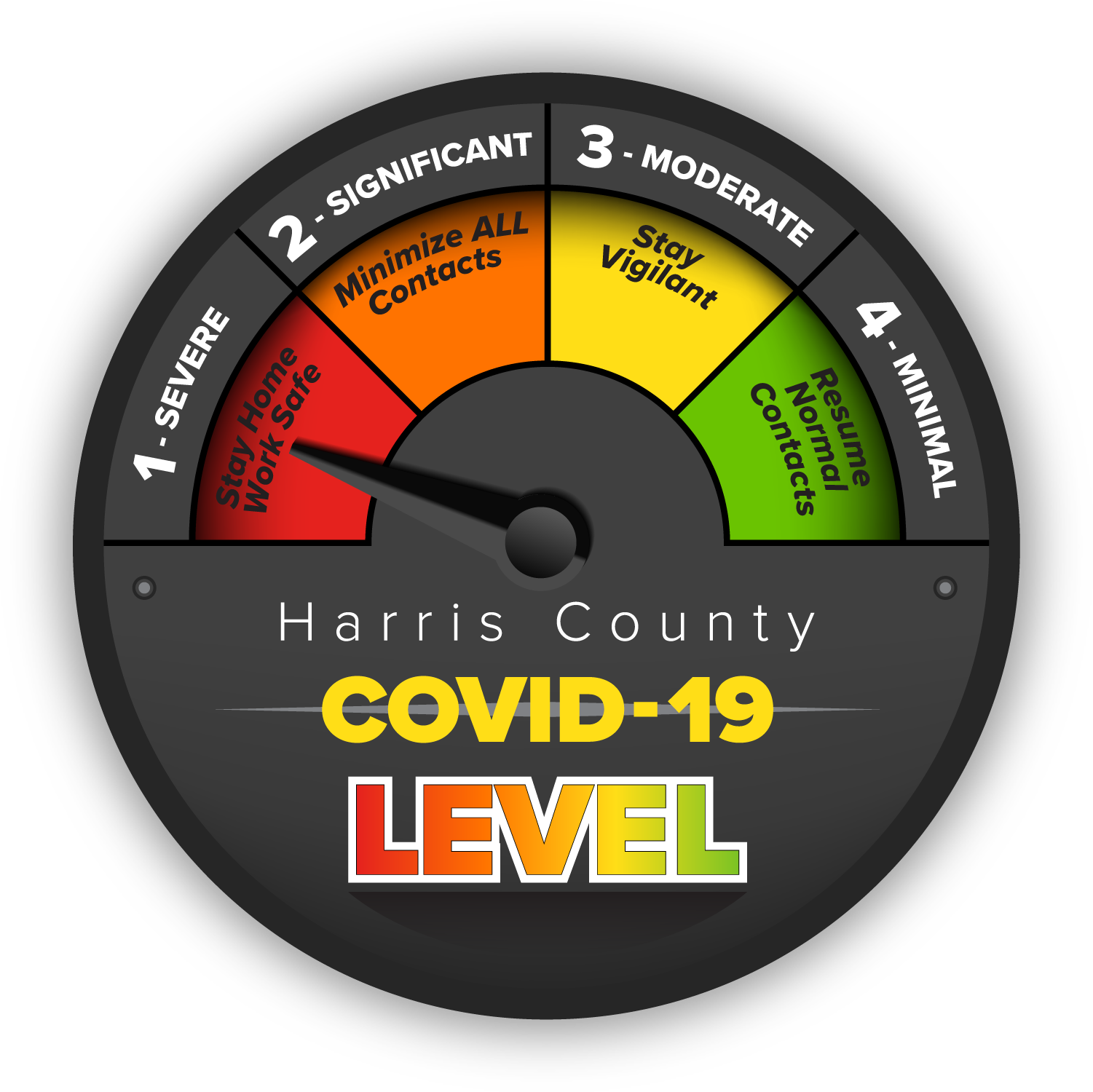Blame Greg Abbott and the virus, in whatever order you prefer.
Houston and its surrounding communities on Tuesday became the latest region to require new emergency restrictions after seven straight days of ballooning coronavirus hospitalizations.
The rollback, mandated under Gov. Greg Abbott’s emergency protocols, includes restaurants dropping to 50 percent occupancy from 75 percent, and bars that have not reclassified as restaurants closing immediately. The restrictions remain in place until the region drops below 15 percent COVID-19 hospitalizations for seven straight days.
As of Monday, the latest day of available data, the Houston region was at 19.9 percent, up from just over 13 percent a week earlier. Infections and hospitalizations have been rising steadily in recent weeks, following spikes in other parts of the state and amid holiday gatherings.
All but four of the state’s 22 hospital regions were over 15 percent as of Monday.
Texas Medical Center Hospitals in Houston announced earlier Tuesday that they were putting a hold on certain elective surgeries to save resources for coronavirus patients. Under the governor’s protocols, hospitals are required to postpone elective surgeries that would deplete COVID-19 resources.
“The best thing we can do is take this threshold as a wakeup call,” Harris County Judge Lina Hidalgo said in a news conference Tuesday afternoon. “This is the time to take this for the red alert that it is. We are only going to get through this if we are able to quickly stem the tide of hospitalizations.”
More here.
The rollback comes as Texas Medical Center hospitals already had begun deferring certain elective procedures or readying such a managed reduction strategy, the same one they deployed during the summer when patient censuses spiked. The reduction is not the wholesale delay of elective procedures all Texas hospitals invoked in the spring.
Hospital leaders said Tuesday their systems will continue some elective procedures but suspend those non-urgent cases whose demands on staff and space detract from resources better used to treat COVID-19 patients. Procedures such as mammography and colonoscopy will continue because they don’t tax needed hospital resources, for instance, but some procedures like heart catheterizations might be better delayed.
[…]
The surge of COVID-19 hospitalizations has been relentless. The number of admitted COVID-19 patients in the Houston region has increased for 13 straight weeks, and the 25-county area anchored by Harris County had more than 3,100 hospitalizations on Monday, the highest since July, the peak of the first wave in Texas.
Houston Methodist was just short of 700 COVID-19 patients on Monday. Methodist CEO Dr. Marc Boom emailed employees that if this trend holds the system will surpass its peak July numbers in a matter of days.
“This may well be among the most challenging few weeks we’ve experienced during this pandemic,” Boom wrote in the email to employees Monday. “Together, we will get through this, but it will be difficult.”
Dr. James McCarthy, chief physician executive at Memorial Hermann, said his system exceeded 800 patients and should eclipse July numbers by the third week in January. The system’s number of patients has increased three-fold over the last month, he said.
[…]
The COVID-19 positive test rate statewide is now at 20.53 percent. Methodist’s is nearly 32 percent.
Porsa said said Harris Health is about to enter Phase 3 of its surge plans, which involves closing some of its clinics in order to deploy its nurses and other staff at Ben Taub and Lyndon B. Johnson hospitals, both of which are near capacity. He said the leadership is currently determining which clinics to start with.
Hospital officials said they are encouraged that ICUs aren’t being overloaded with COVID-19. They said their staffs have gotten much better, thanks to better treatment options and nine months of experience with the disease, at getting patients discharged faster now compared to early summer.
But with the Houston area now averaging more than 3,300 new COVID-19 cases a day — compared to roughly 2,330 such cases at the pandemic’s height in July — it appears the peak won’t come before late January or February, hospital officials said. They also worry a more contagious strain — not yet identified in Houston but maybe already here — poses an even greater threat ahead.
“January and February are shaping up to be our darkest days, given these record numbers,” said William McKeon, CEO of the TMC. “Hospitals lag behind in feeling the effects of increases in cases so expect the numbers to keep going in the wrong direction before things get better.”
We’re already passing the levels we had seen at the worst of it in July, and we’re probably a few weeks out from hitting the peak this time around. Remember all this next year, when it’s time to vote for our state government.

